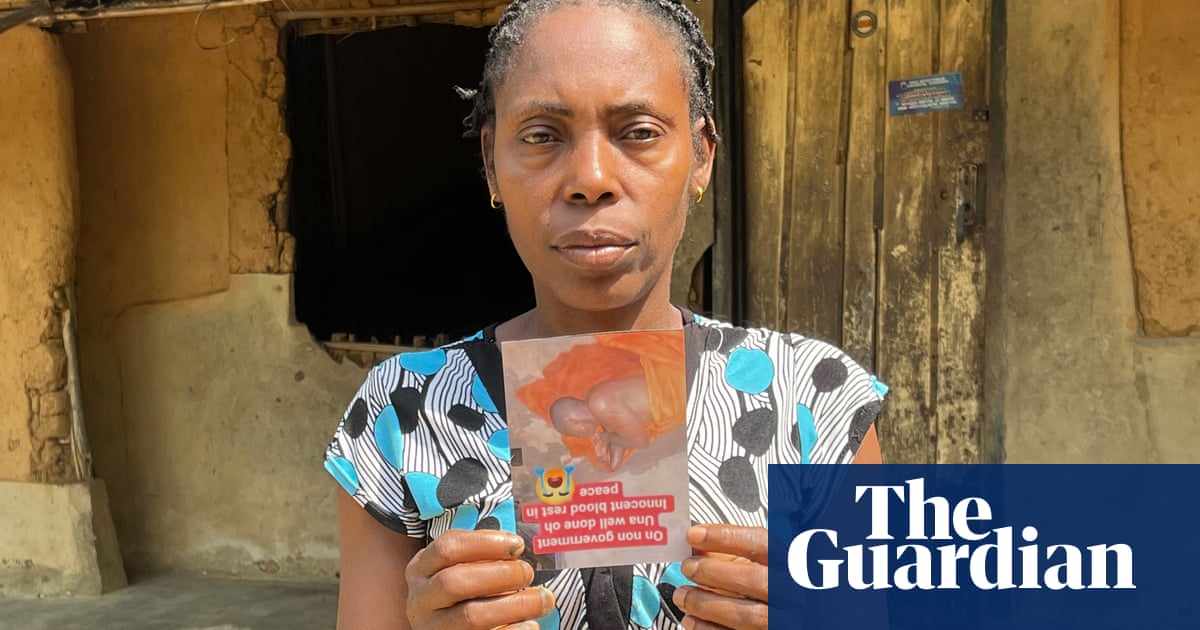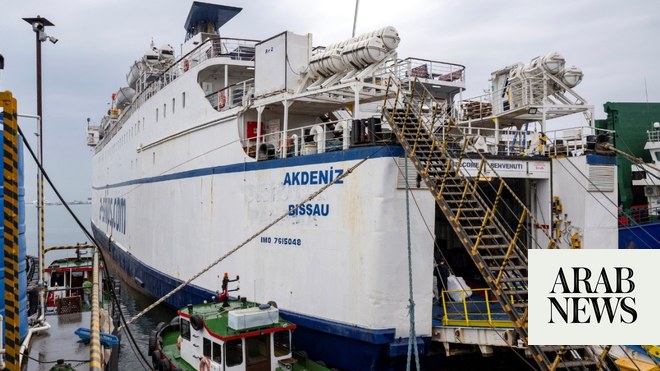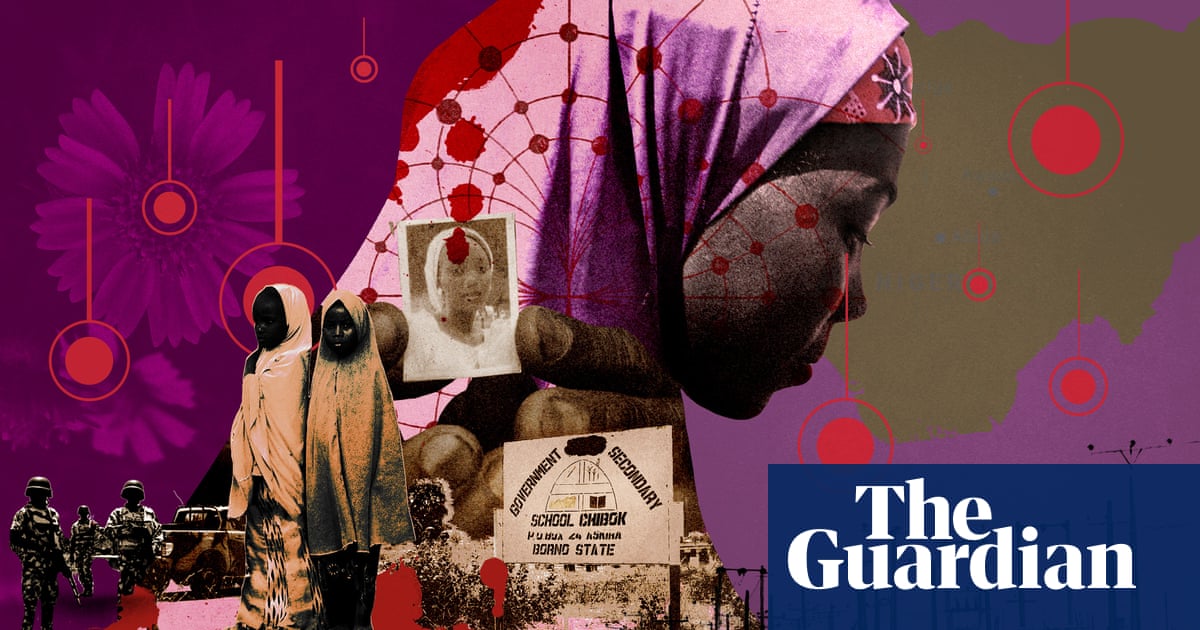
Under a moonlit sky in November, Etim Asuquo and his family sat outside their home in Issiet Ekim, southern Nigeria, enjoying the breeze from the river. The sound of gunshots broke the calm. Pirates were attacking Asuquo’s village.
“I still cannot believe how it happened. It was like a dream,” says the 57-year-old. The group of men ransacked his home before burning it to the ground. He and his family ran into the bush for safety. “I did not take anything. All my property, including my fishing equipment, was destroyed.”
Asuquo’s brother, Okon, 52, who lived nearby, died in the assault. Okon’s widow, Mary, says her husband bled to death after being attacked by the pirates. “When they came, they requested money but we did not have any,” she says.
One other man died and another suffered injuries. Six houses were torched and vandalised.
Attacks on foreign and domestic commercial fishing vessels in Nigerian waters have decreased in recent years after the government increased security around the coast. The International Maritime Bureau says the number of actual and attempted piracy attacks on ships fell from 48 in 2018 to six in 2021.
However, artisanal fishing communities say they are now being targeted. There is no central data on the number of attacks on fishers, but the majority of cases have occurred in Akwa Ibom state.
In June last year, a man was killed when pirates attacked Atabong, a fishing community in Okobo district. In September 2021, four fishers were kidnapped in Ibaka district and were only released after a ransom of roughly 3.5 million naira (£6,300) was paid by their families.
“We cannot count the number of times [pirates] have attacked us along this waterway. Many people have been killed,” says Francis Uyot, a fisher and tribal youth leader of Utan Udombo, a fishing community in Ibaka.
Fishers are not the only ones affected, Uyot says. Travellers who commute along the water to other coastal communities and to neighbouring Cameroon for business also risk encountering pirates, who are believed to be local armed men. People who used boats to travel from Akwa Ibom to Cross River state, rather than take a longer journey along dilapidated roads, are now boycotting the waterways due to fear of attack.
Uyot said he knows people who are abandoning their livelihoods because they fear attack. Fishers in the region estimate they lost more than 200m naira last year, paying ransoms, replacing stolen goods and in protection money. Some fishing groups now pay pirates monthly levies of around 1.5m naira to be left alone.
The cost of boat engines can be as high as 3m naira. “People [are] suffering … to get the engine and go and fish, only for pirates to attack and collect them just like that.”
Michael Uyeh, another fisher, says many areas of the state’s waterways are becoming too dangerous to travel along. “Those boys [pirates] have taken over the creeks and waterways,” he says.
After pirates stole Uyeh’s boat engine in 2021, it was a “difficult period” for the family. “For months we struggled to eat,” he recalls.
Fishers have protested against what they say is the government’s inaction. They believe very little has been done to improve security for local fishers in the region, despite the presence of the navy, marine police, the Nigerian Security and Civil Defence Corps, as well as the hi-tech maritime surveillance equipment, the Falcon Eye, that protects the shoreline.
A state police spokesperson MacDon Odiko, insists that the spate of piracy has reduced, which he attributes to the professionalism and commitment of the marine police in collaboration with the Nigerian navy and other agencies.
Odiko says a recent police operation had “flushed out three of the pirate hideouts in the creeks”, and officers would continue to mount operations until all pirates are dislodged. There have been no official reports of any arrests or charges brought in connection with attacks over the past two years, including the one in Issiet Ekim.
“We still face these same problems. There is no single improvement, with all the security agencies here,” Uyot says.












